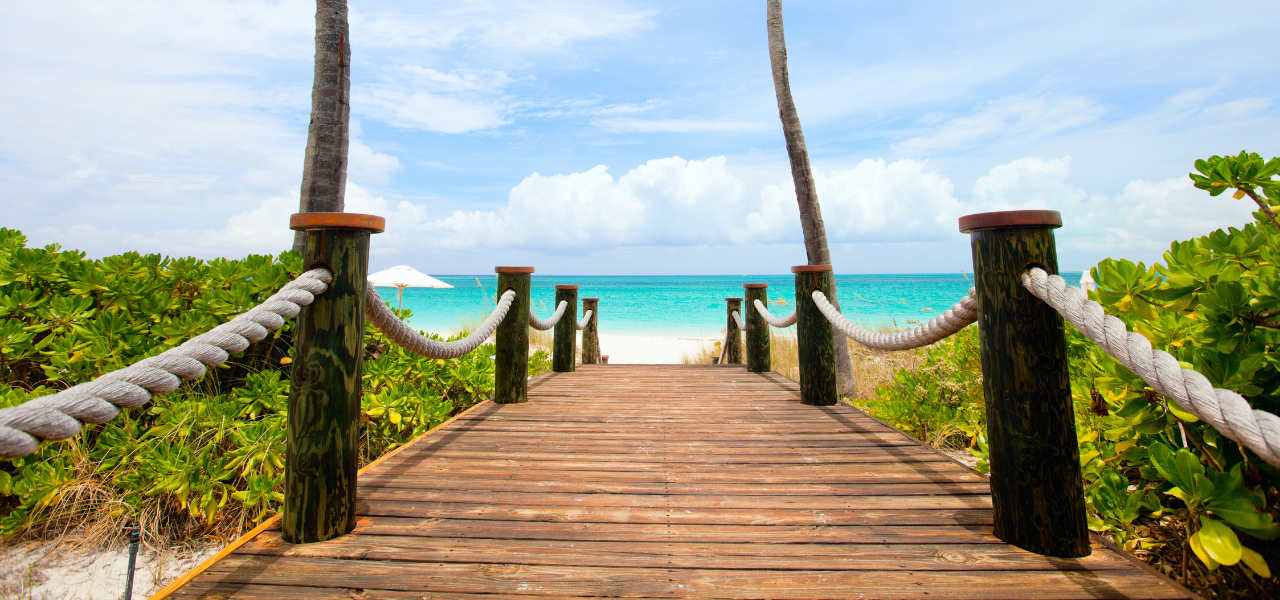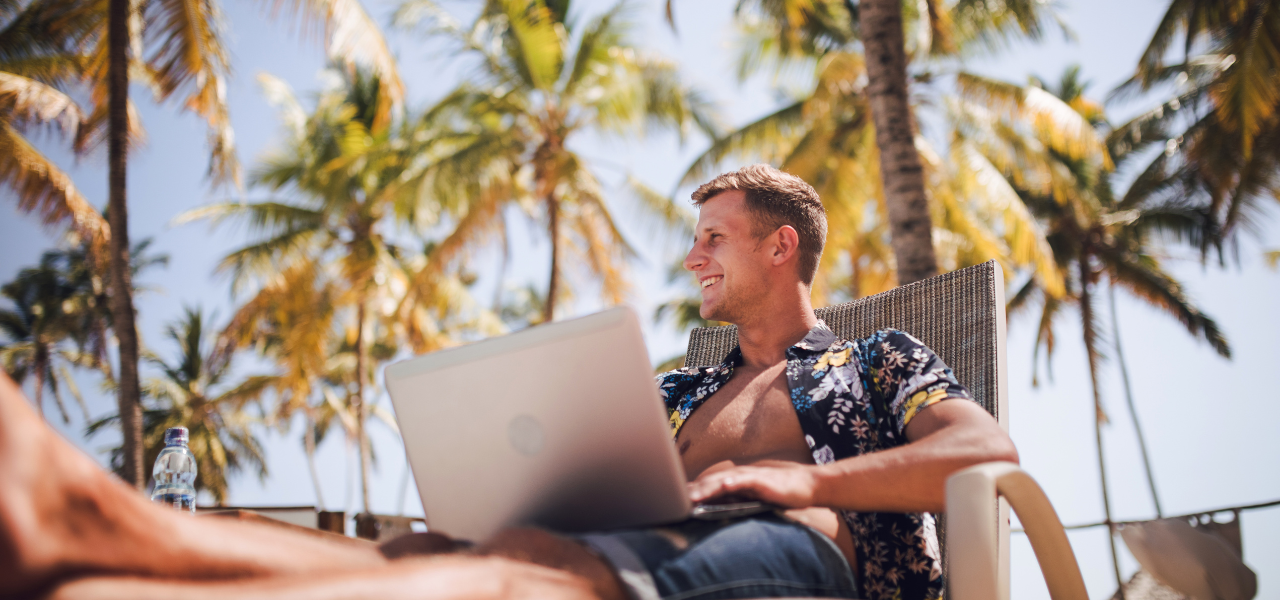Türkiye Citizenship by Investment
The Türkiye Citizenship by Investment Programme was first introduced in 2017 and has undergone refinement since then. As with most CBI programmes, it aims to encourage investment in the country in return for the grant of citizenship with a particular emphasis on property investment. In this blog, we provide an overview of the programme.

The Türkiye citizenship by investment programme offers five different investment options, making it one of the more flexible in this respect. However, compared to the Caribbean Citizenship by Investment, the original programme’s threshold was very high at USD 1,000,000, but this was reduced in 2019 to a minimum of USD 250,000, and the programme increased in popularity as a result. The minimum level was then increased in 2022 to USD 400,000. The investment options range from bank deposit, acquisition of real estate, and investment in Turkish businesses to the purchase of government bonds or Turkish investment fund units.
The Turkish passport allows visa-free or visa-on-arrival access to around 126 countries, with the most attractive to international travellers probably being Japan, Singapore and South Korea. In addition, Turkish citizens are eligible to apply for a C-2 visa to the European Schengen Area and for the US E-2 investment visa and US B1/B2 tourist visas. This places the Turkish passport in the mid-range for travel freedom when compared to other CBI passports.
The real estate investment option has been the most popular, accounting for more than 95% of all successful applications. Real estate prices have consistently risen significantly in the last five years, with 2022 in particular seeing increases of around 70% for residential property in some regions. Investors need to balance this against the volatility in the Turkish lira, which has declined by around 500% from 2019 to 2024, albeit with US dollar-based returns still remaining positive. Bank deposits in Turkish lira have also gained in popularity in general with some banks offering eye-watering returns of over 50%, but again, this needs to be balanced against the trend of decline in value of the currency.
The main positives of the Turkish citizenship by investment programme are the physical location of the country, falling as it does within both Europe and Asia and being an attractive vacation destination, the speed of the process, the relatively short required holding period for the investment and the range of investment options available.

What investment options are available, and how long are they required to be held?
There is a broad range of investment options available under the Türkiye citizenship by investment programme. By far, the most popular has proved to be the real estate investment option due to the growth in real estate prices in recent years. The options are:
- Purchase of real estate with a value of at least USD 400,000. The actual purchase must be completed in Turkish lira. The real estate can be of any type with no restrictions, from single apartments to whole buildings and commercial real estate. The property may not be sold within three years, and the title will be blocked for this purpose for this period. A property which has formed the basis of a CBI application can not be used for subsequent applications by a buyer, preventing ‘chaining’.
- Investment in Turkish business of at least USD 500,000. This can be an investment into the capital stock of an existing Turkish company or the creation of a new business creating at least 50 jobs in Türkiye. The investment can be sold after three years.
- Purchase of government bonds or investment units in a Turkish investment fund for at least USD 500,000. In each case, the receipt of the passive income is permitted, but the capital investment may not be recouped until three years have passed.
- Deposit of at least USD 500,000 in a Turkish bank. Again, the holding period is three years.
Other fees and costs
Government processing fees for the application are very low compared to those applied in other CBI programmes at USD 574 per person included in the application. In addition to this fee, applicants can expect to incur a raft of smaller costs for passport issuance, entry visas, translation fees, opening bank accounts, obtaining citizenship certificates, etc. These are likely to total around USD 2-3,000, and an applicant will also incur advisory fees from an agent assisting them with the process. For those applicants purchasing real estate, there is also a one-off USD 10,000 property registration tax.
Who can apply, and can family members also receive citizenship?
The principal applicant must be over 18, have a clean criminal record, be in good health with adequate health insurance and be able to demonstrate the legality of the funds being invested.
Unlike many other CBI programmes, there are no excluded jurisdictions, making it highly attractive to citizens of countries that are excluded from applying under other programmes.
The spouse of the main applicant and any children under the age of 18 may also be included with no requirement for an increased level of investment. As such, the Türkiye citizenship by investment programme is particularly attractive to larger families.
Parents of the main applicant and their children over the age of 18 can obtain a residency permit for a fee of USD 5,000 alongside the CBI application but this only allows residence in Türkiye and is not equivalent to citizenship, although they may apply for citizenship by naturalisation after five years of residency.
How long does it take to process the application and receive citizenship?
The processing time, once an application has been made, is typically around three-four to four months. However, this only commences once the investment has been made, so the actual time from start to finish of the process is dependent on how long this takes. As an application can only be submitted after the investment has been committed, it is vital to ensure that the application is fully in order and likely to be accepted before committing to the investment, particularly when opting for the real estate option as this is considerably more difficult and costly to liquidate following a failed application.
Do I need to travel to Türkiye or learn the language?
There is no requirement to spend any time in Türkiye to either obtain or maintain citizenship.
There is also no language requirement or need to demonstrate cultural knowledge or understanding.
Does Türkiye permit dual citizenship?
Türkiye allow dual citizenship, so provided the applicant’s home jurisdiction permits dual citizenship, applicants may hold both citizenships simultaneously.

Final Thoughts
The Türkiye citizenship by investment programme has been popular and although precise data is not available, it is thought that 13,000 successful applications have been made since its inception.
The level of investment required is not prohibitively high, the investment options are flexible and family members can be included at minimal additional cost. The programme is of particular interest to those looking to invest in the Turkish real estate market and given the low level of associated fees, an investor looking to purchase a vacation property may well look to add on a second citizenship for themselves and their family as an added benefit. As the required investment in real estate has varied widely throughout the programme from a minimum of USD 1,000,000 down to USD 250,000 and then back up to the present requirement of USD 400,000. This may change again, although there are no reported intentions to do so at present.
However, the travel freedom afforded by a Turkish passport compares unfavourably to those provided by the Caribbean citizenship by investment programmes with a somewhat higher required investment amount so if this is the main goal of the application, investors may wish to consider these programmes as an alternative. As is always the case with comparing CBI programmes, determining which is right for an applicant will depend on their motivations for obtaining a second residency.
Finally, the Türkiye citizenship by investment programme does not exclude any applicants based on their existing citizenship or residency, which is highly unusual. Therefore, the Turkish programme may be the only option for those excluded from other CBI programmes.

Can I include my family in the application?
The main applicant’s spouse and children under the age of 18 can also obtain citizenship. The level of investment required remains the same regardless of the number of people included in the application. There are government and other fees which are payable per person but these are relatively low.
How much do I need to invest?
The required minimum investment level is USD 400,000 for real estate acquisition and USD 500,000 for the bank deposit, business investment and fund investment routes.
When can I recoup my investment?
All of the available options require a holding period of three years. After this period has elapsed the investment can be sold without affecting the grant of citizenship.
Do I need to travel to Türkiye to obtain or maintain my citizenship?
There is no requirement to spend any time in Türkiye.
Do I need to learn the language?
There is no requirement to demonstrate proficiency in any language.
Will I be exposed to currency exchange risk?
A common question given the consistent decline in value of the Turkish lira against major fiat currencies such as the dollar. The only route which avoids currency risk is the deposit route as the funds may be held in any currency accepted by the Turkish financial system, including the US dollar. The other routes by their nature expose the investor to the local currency by their nature and applicants should take appropriate advice.





.svg)





.png)





.png)





.png)





.png)





.png)





.png)


